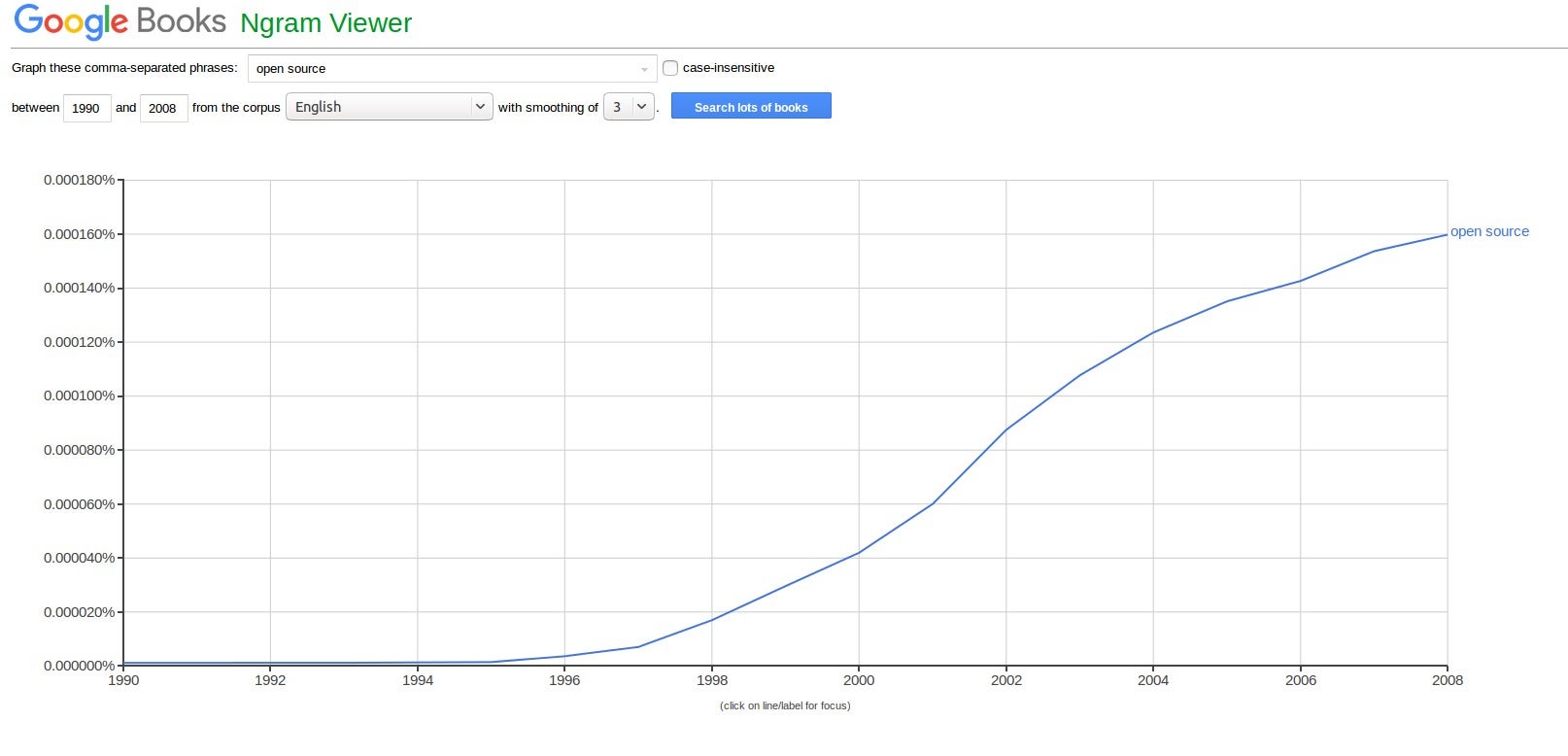In an age of political animus, increasing hostility toward "others," and 24/7 media coverage that seems to focus on the negative, a recent article in Frontiers in Psychology provides a glimmer of hope, particularly for those who live in the United States.
Written by Yale University academic Gabriel Grant, “Exploring the Possibility of Peak Individualism, Humanity's Existential Crisis, and an Emerging Age of Purpose” aims to clear up two competing views of today's cultural narrative in the United States. First is the traditional view of the next generation—millennials—whom many view as individualistic, materialistic, and narcissistic. Some even refer to millennials as “Gen Me” in response to those who develop their “personal brand” with selfies and social media posts.
In stark contrast there is a view of millennials as rejecting selfish values and leading America into a “great age of purpose.” Unlike previous generations, simply earning money is not enough for them—significant data shows that younger people are searching for purpose in their lives and their work. Consider the fact that the non-profit group 80,000 Hours (whose name represents the amount of time spent at work in the average lifespan) even exists. 80,000 Hours provides career advice to help young people build careers with social impact. Universities and businesses are increasingly following this path to help millennial workers achieve their goal of finding purpose in their lives.
Both sides can provide reams of anecdotal evidence that supports their view of millennials, and until recently, there have been few studies on the issue. In his article, however, Grant theorized that Google's digitization of millions of books and the Ngram Viewer, a tool that shows how phrases have appeared in books, could allow a quantified analysis of culture over the past two centuries, and he used this approach to quantitatively test the popular notion that a drive for purpose is increasing. What he found is encouraging.
Despite their penchant for selfies, over the lifespan of millennials there appears to be a trending toward purpose and away from pure self-gratification, with more sharing values emerging. He found a clear uptick in the theme “purpose in life” in both popular and scholarly literature. So despite the common view that we live in potentially the most individualistic, materialistic, and narcissistic culture of all time, the trend toward individualism may have peaked, and the most recent data shows a swing back to values of social responsibility.
This was a bit surprising to me, and I was curious to see whether this trend toward community-based thinking correlated with the rise of the open source movement. Looking at data from 1990 (just before the release of Linux) to 2008 (the most recent data available), I observed a marked uptick in the concept of open source:

Google Books Ngram viewer trend from 1990 to 2008 for open source.
Increased interest in the open source philosophy coincides with the decline that Grant observed in the use of terms targeting selfishness in the millions of books that Google scanned.
Although correlation does not mean causation (and Grant offers detailed qualifications and limitations on his research), it seems possible that the shift Grant observed in selfish cultural concepts coincides with the rise of the sharing-centric open source movement. Perhaps the open source design paradigm has become so powerful that people are using it based on well-informed self-interest only. Consider, for example, Tesla's recent announcement regarding its patents. Still, if the rise of open source can occur during a pinnacle of individualism, perhaps the sharing culture is about to accelerate and diversify: Think open hardware.
What do you think?







1 Comment